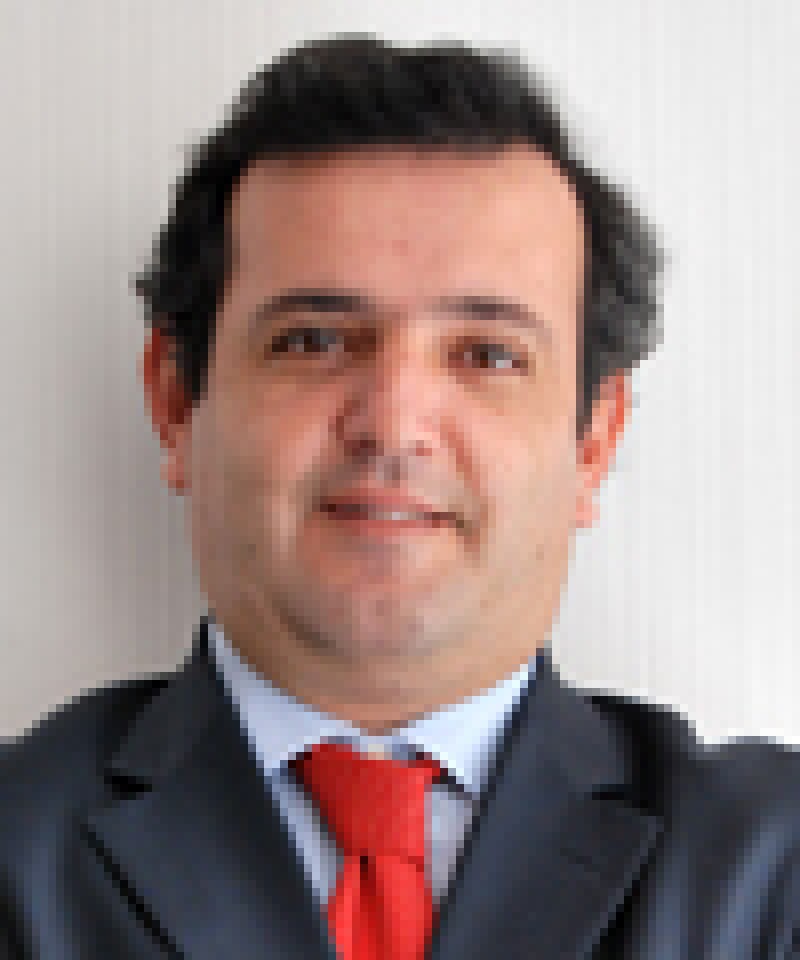
|

|
|
Fernando Castro Silva |
Tiago Cassiano Neves |
Portugal has recently introduced a golden residence permit regime (GRP) for third-country nationals. This regime is expected to stimulate international demand from investors for property in Portugal, providing the normal advantages of a residence permit in Portugal, such as the possibility of working in Portugal and traveling within the Schengen Area. The GRP coupled with the Portuguese non-habitual residents taxation regime (NHR) – which provides certain special tax rates and exemptions applicable to individuals for a period of 10 years – may well provide further interest on the regime. In fact, based on a benchmarking of other similar tax regimes available in Europe, the GRP and NHR regime stand out for their flexible requirements and reduced taxation.
For the purposes of obtaining a GRP, the applicant (engaged in investment activities) is required to perform and maintain one of the following investments in Portugal, during a minimum period of five years:
Transfer of capital of €1 million ($1.3 million).
Creation of at least 10 jobs.
Purchase of real estate for an amount equal to or higher than €500,000. The acquired property may then be leased or given to exploitation for commercial, agricultural or tourism purposes.
The GRP is granted for a one year period, renewable for subsequent periods of two years subject to minimum physical presence (seven non-consecutive days for first year and 14 non-consecutive days for the following two years). An interesting feature of the regime is that the applicant may also fulfill the requirements through a company with head offices in Portugal or in another EU member state with permanent establishment in Portugal.
For third-country nationals considering linking this regime with actual tax residence, the NHR rules may become relevant. Under this tax regime, the applicant has to fulfill two requirements. The first is to qualify as resident taxpayer, either by exceeding the 183 day test of physical presence or holding on December 31 a home that implies an intention of setting up a permanent residence. The second requirement is that the individual applying for the regime has not been taxed as a resident taxpayer in the five years before taking up tax residence in Portugal.
The applicant will be in a position to benefit from the favourable tax treatment for a maximum period of 10 years through registration in the taxpayer register. From a domestic perspective, the non-habitual resident will qualify as a resident domestic taxpayer and therefore should benefit from the Portuguese tax treaty network.
If qualifying and duly registered as NHR, the following regime is available:
Portuguese-sourced income: Employment and self-employment income derived from high value added activities (specific listed activities) is subject to tax at a 20% flat rate. The extraordinary surtax of 3.5% will also apply for 2013 on this income.
Foreign-sourced income may be exempt under certain circumstances and the rules provide for differences depending on types of income. For example, investment income may qualify for exemption insofar as they may be taxed in the source country (and is not tainted income from low-tax jurisdictions). Pension income may also qualify for an exemption from tax in Portugal, regardless of if it is subject or not to taxation in the source country (insofar as not deemed to be derived in Portugal under the Portuguese sourcing rules).
Ultimately, the lack of a threshold and the flexible exemption method for foreign source income may prove a plus factor for high-net-worth individuals seeking to take residence in Portugal and provide an edge in the competition for the best sunny place in Europe.
Fernando Castro Silva (fernando.castro.silva@garrigues.com) and Tiago Cassiano Neves (tiago.cassiano.neves@garrigues.com),
Garrigues – Taxand
Tel: +351 231 821 200
Fax: +351 231 821 290
Website: www.garrigues.com









